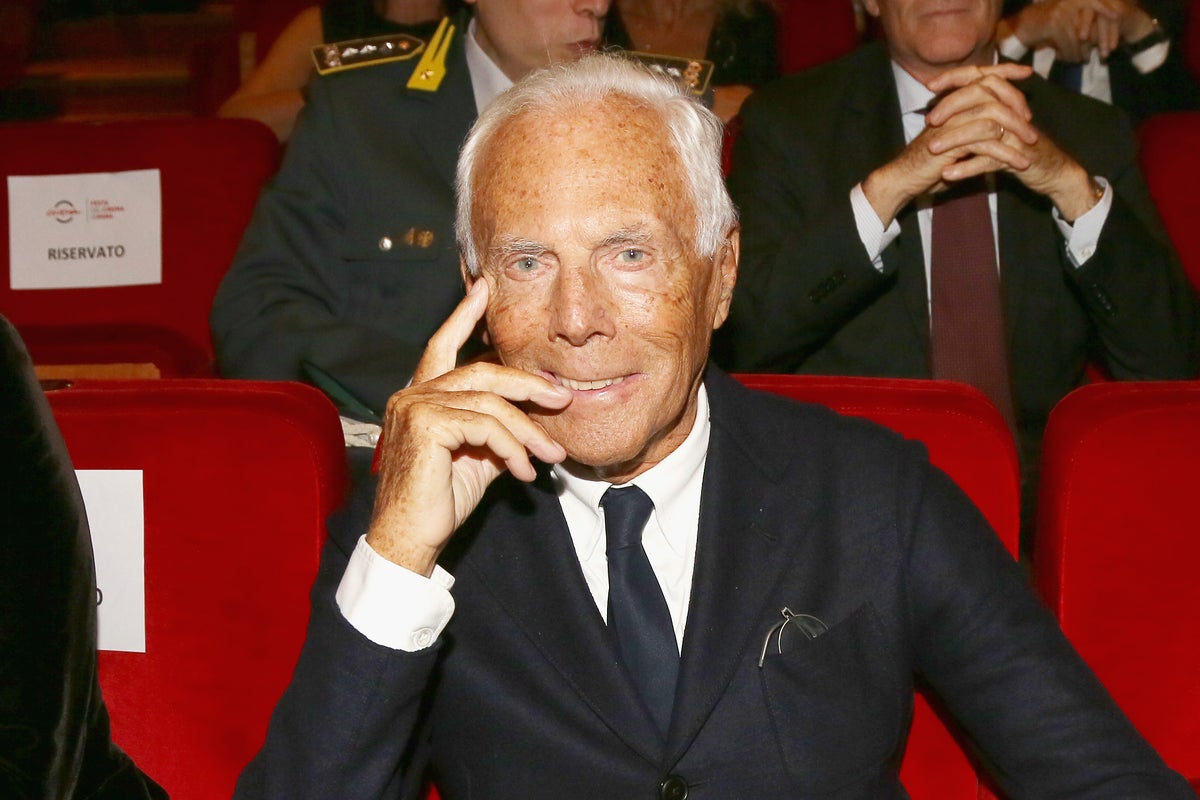Donald Trump wins South Carolina Republican primary, NBC News projects
Nikki Haley has yet to win a primary race against Donald Trump.
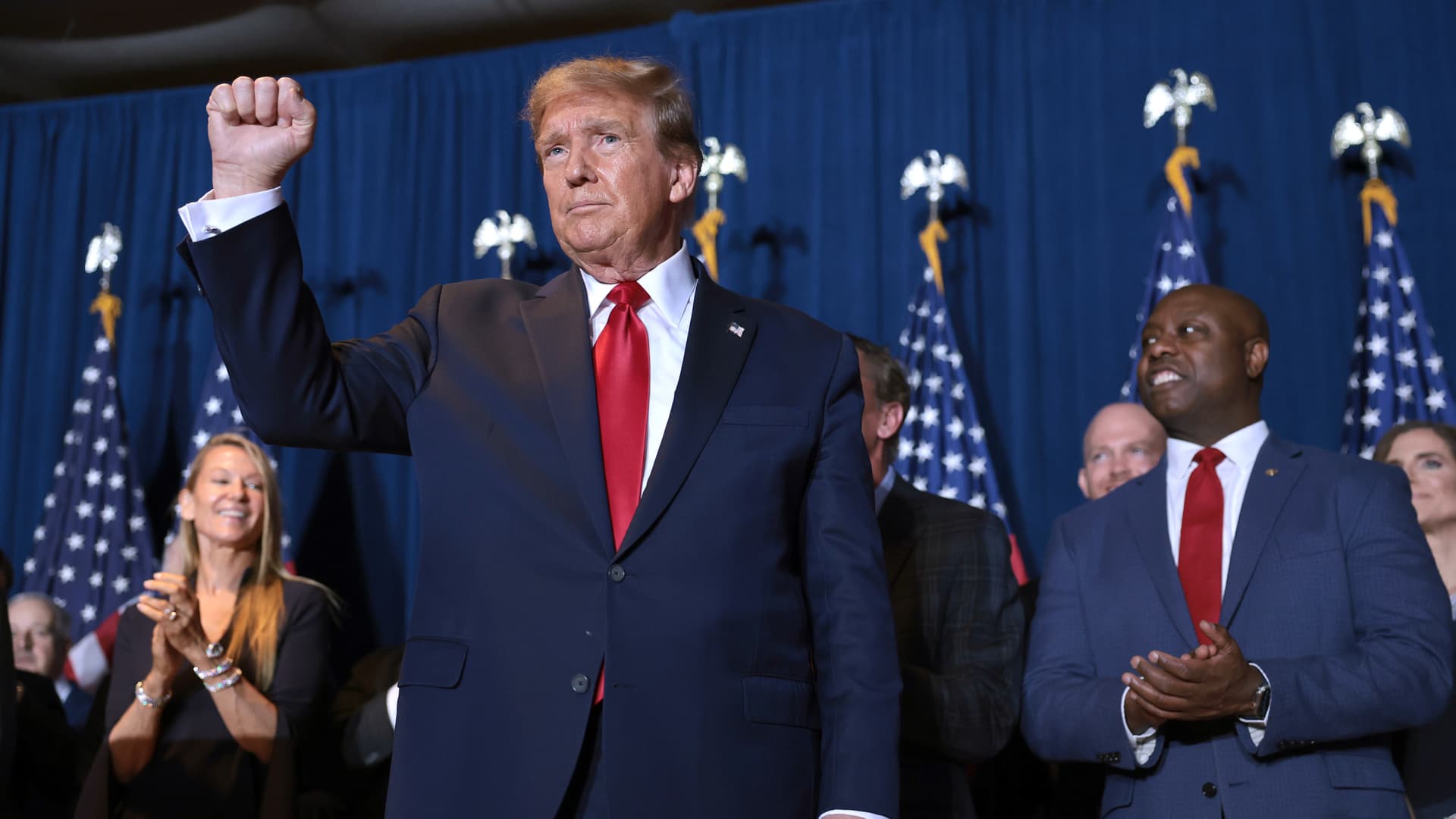
Republican presidential candidate and former President Donald Trump gestures to supporters during an election night watch party at the State Fairgrounds on February 24, 2024 in Columbia, South Carolina. Trump defeated opponent Nikki Haley in the South Carolina Republican primary today.
Win Mcnamee | Getty Images News | Getty Images
Former President Donald Trump has won the South Carolina Republican primary, defeating the state's former governor, Nikki Haley, NBC News projects.
South Carolina's polls closed at 7 p.m. ET, and Trump's victory was projected by networks and wire services within minutes.
"This was a lot sooner than we anticipated," Trump said at a party in Columbia, South Carolina following the results. "It's an early evening and fantastic one."
Trump's widely expected win further cements his status as the likely Republican nominee, though he still needs a total of 1,215 delegates to officially secure the nomination. Just after 10 p.m. ET, Trump was holding a statewide edge of more than 20 points over Haley, according to NBC News.
Until then, Haley is determined to keep the GOP primary a two-person race.
On Tuesday, Haley pledged to stay on the campaign trail through Super Tuesday on March 5, even if she lost her home state's Saturday primary. After losing to Trump on Saturday, Haley doubled down on that promise.
Republican presidential candidate and former U.S. Ambassador to the United Nations Nikki Haley looks on as she speaks on stage at her watch party during the South Carolina Republican presidential primary election in Charleston, South Carolina, U.S. February 24, 2024.
Brian Snyder | Reuters
"I said earlier this week that no matter what happens in South Carolina, I would continue to run for president," Haley said in Charleston, South Carolina, after Trump's projected victory. "I'm a woman of my word."
She added that she would be campaigning in Michigan on Sunday and in various Super Tuesday states throughout the coming week.
Haley's campaign confirmed that she has the funding to keep her afloat after a record fundraising month in January.
"We have the resources to go the distance," a spokesperson for Haley's campaign told CNBC on Tuesday.
The former U.N. ambassador has yet to win a race this primary season, though she managed to pull out a slimmer loss against Trump in New Hampshire due to the state's wide population of undeclared voters.
Going into Saturday's primary, South Carolina was much less undecided.
Trump held a roughly 30-point lead against Haley, according to a February survey from USA Today and Suffolk University, disintegrating any hopes of her home-court advantage.
Trump also had the endorsements of local South Carolina GOP chapters, South Carolina Governor Henry McMaster, South Carolina Rep. Nancy Mace and other lawmakers in the state. Trump also has a healthy track record in the Palmetto State, having won the GOP primary in 2016 and taking 55% of the votes in 2020 against Joe Biden.
Where are the candidates on South Carolina's top issues?
South Carolinians had immigration and the economy top of mind as they cast their ballots, mirroring sentiments nationwide. According to the February USA Today/Suffolk University poll, 42% of likely South Carolina GOP voters viewed immigration as the most important issue, while 26% prioritize the economy.
South Carolina residents cast their ballots during early voting at the Lexington County Voter Registration Office ahead of the Republican presidential primary election in Lexington, South Carolina, U.S. February 22, 2024.
Alyssa Pointer | Reuters
Trump has made immigration a central pillar of his campaign so far, pledging to revive his immigration bans and execute militarized mass deportations that he intends to make far more aggressive than his first term in the White House.
"The first thing, the most urgent action we will take is the sealing of the border, stopping the invasion," Trump said Saturday afternoon at the Conservative Political Action Conference, or CPAC. "Send Joe Biden's illegal aliens back home, we'll do all of those things and we're gonna have to do it fast."
Despite his extreme anti-immigrant rhetoric and approach to border security, Trump simultaneously worked behind the scenes to tank a bipartisan congressional border deal that would have provided $20 billion of border security funding.
Trump reportedly told Republican lawmakers to torpedo the bill so that he could continue lambasting Biden and Haley for their immigration stances on the campaign trail.
Haley criticized Trump for derailing the bill: "Donald Trump, the last thing he needs to do is tell them to wait to pass the border deal until the election."
Haley herself has a hardline immigration record, despite the Trump campaign's attempts to paint her as weak on the issue. She said she would defund sanctuary cities, close the border and deport unauthorized immigrants.
Under the Biden administration, South Carolina's economy has improved.
Unemployment in the state is at 3%, down from 3.3% a year ago and under the national average of 3.7%. The state also was a major beneficiary of Biden's Inflation Reduction Act (IRA), which poured investment into electric vehicles that has created more than 12,000 jobs so far. Inflation in the state is slowly cooling at 4.3% compared to the national rate of 3.1%.
However, both Trump and Haley have repeatedly slammed Biden's economy. Their economic agendas both tend to include similar rhetoric of cracking down on trade with China and cutting taxes.
Haley's economic platform, dubbed the Freedom Plan, is centered around tax breaks for the middle class, boosting small businesses and eliminating Biden's $500 billion investment in clean energy projects, which South Carolina has benefited from.
Trump would also roll back Biden's IRA, reinstate his first-term tax cuts, which for the most part benefited the wealthy, and impose major tax increases on foreign goods, specifically to restrict trade with China. During his first term, Trump's China tariffs nearly started a trade war, which disrupted the global economy and drove prices higher for consumers.

 ShanonG
ShanonG 







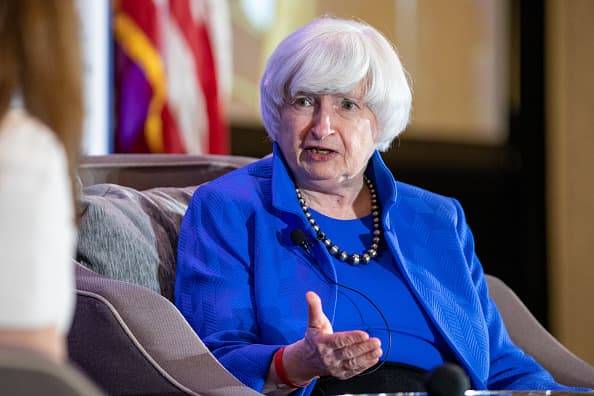
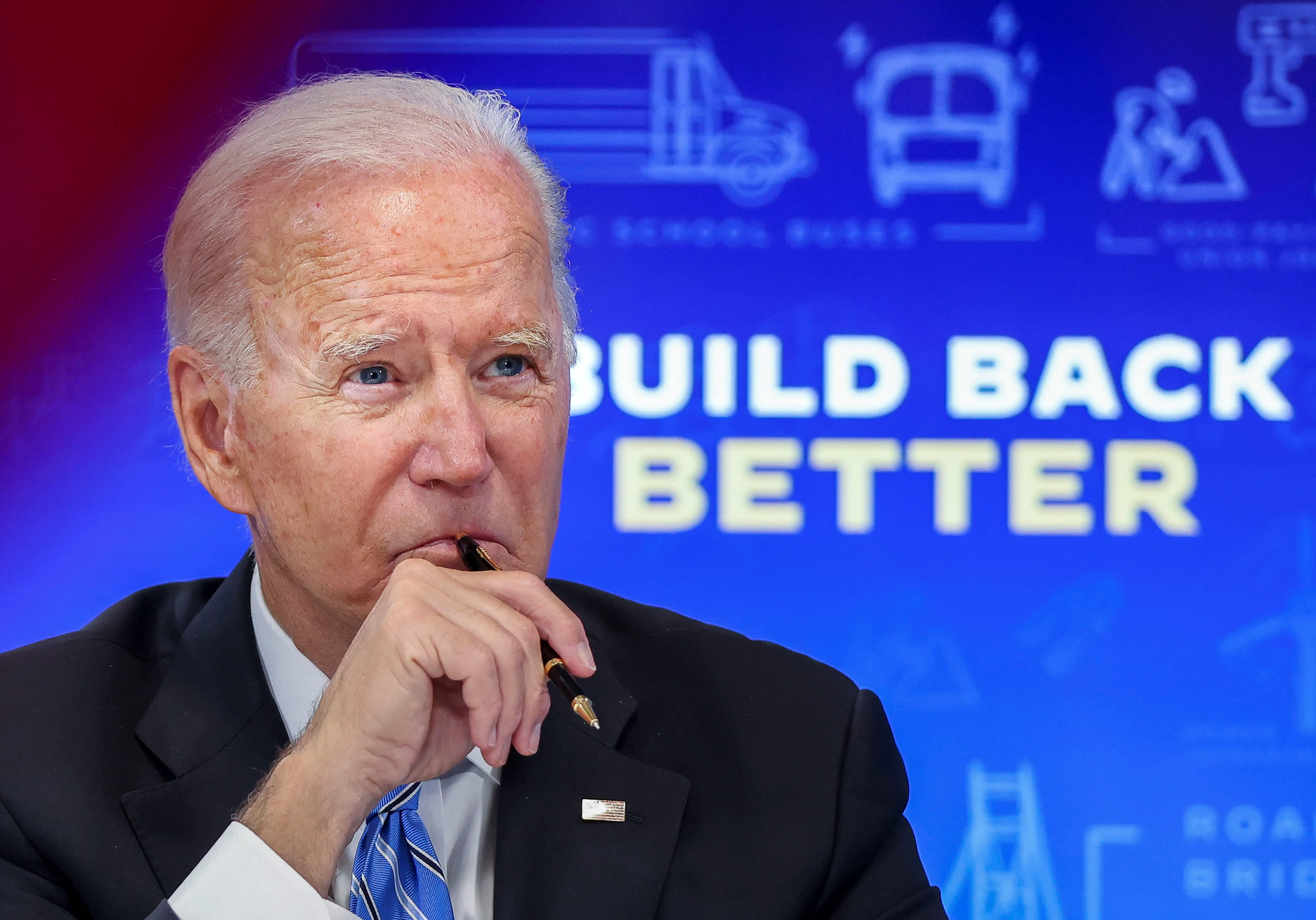

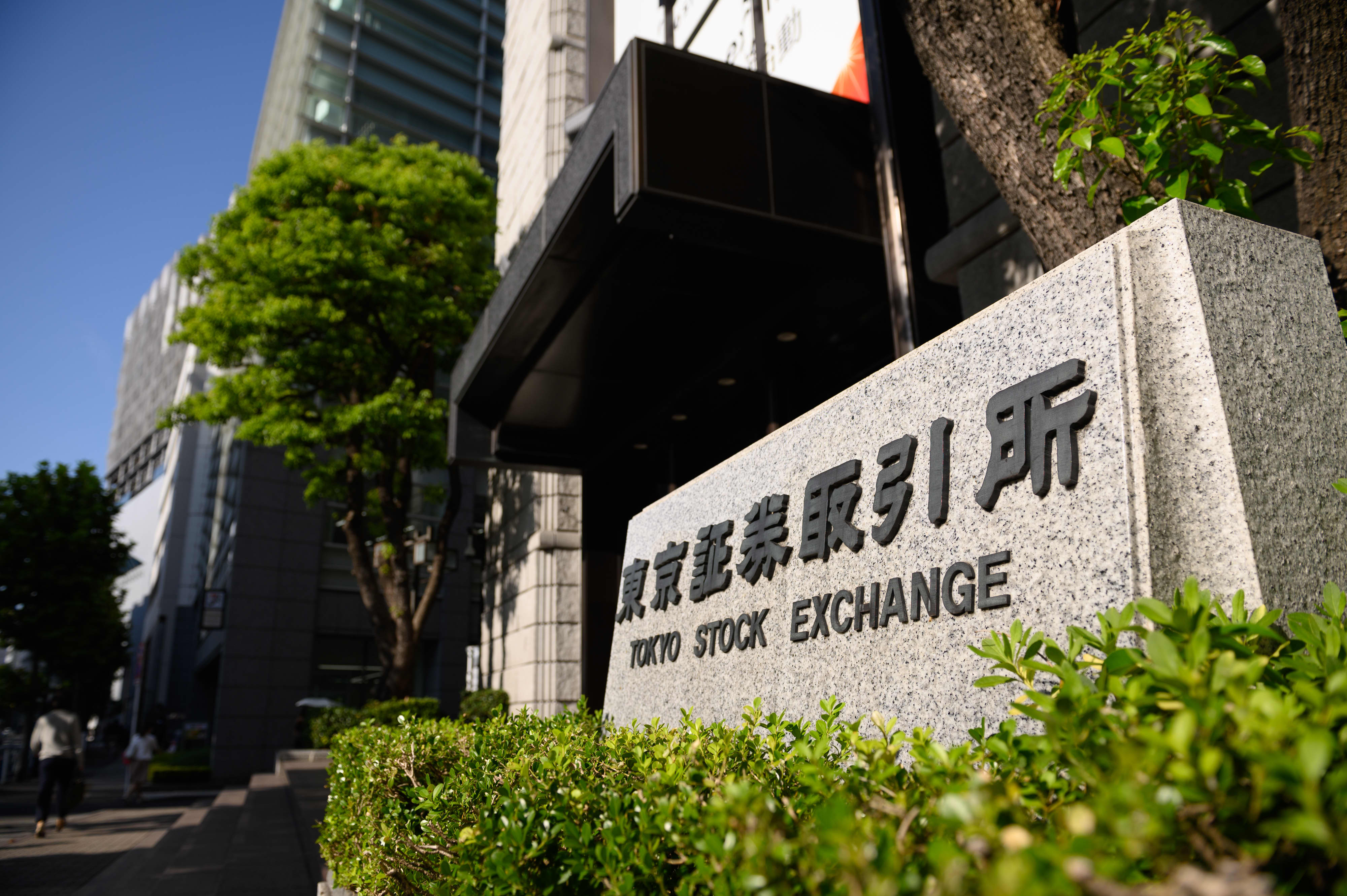
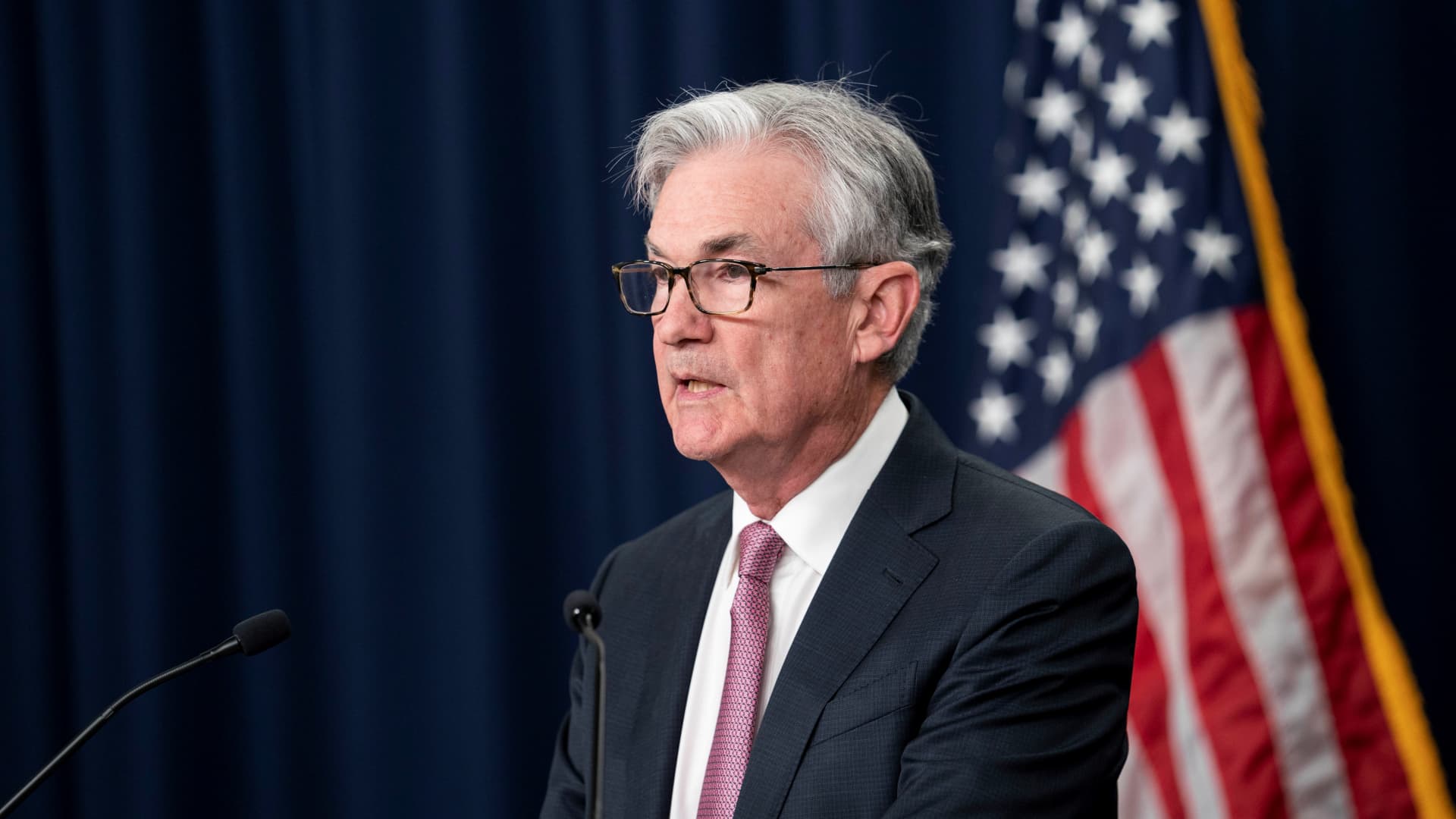
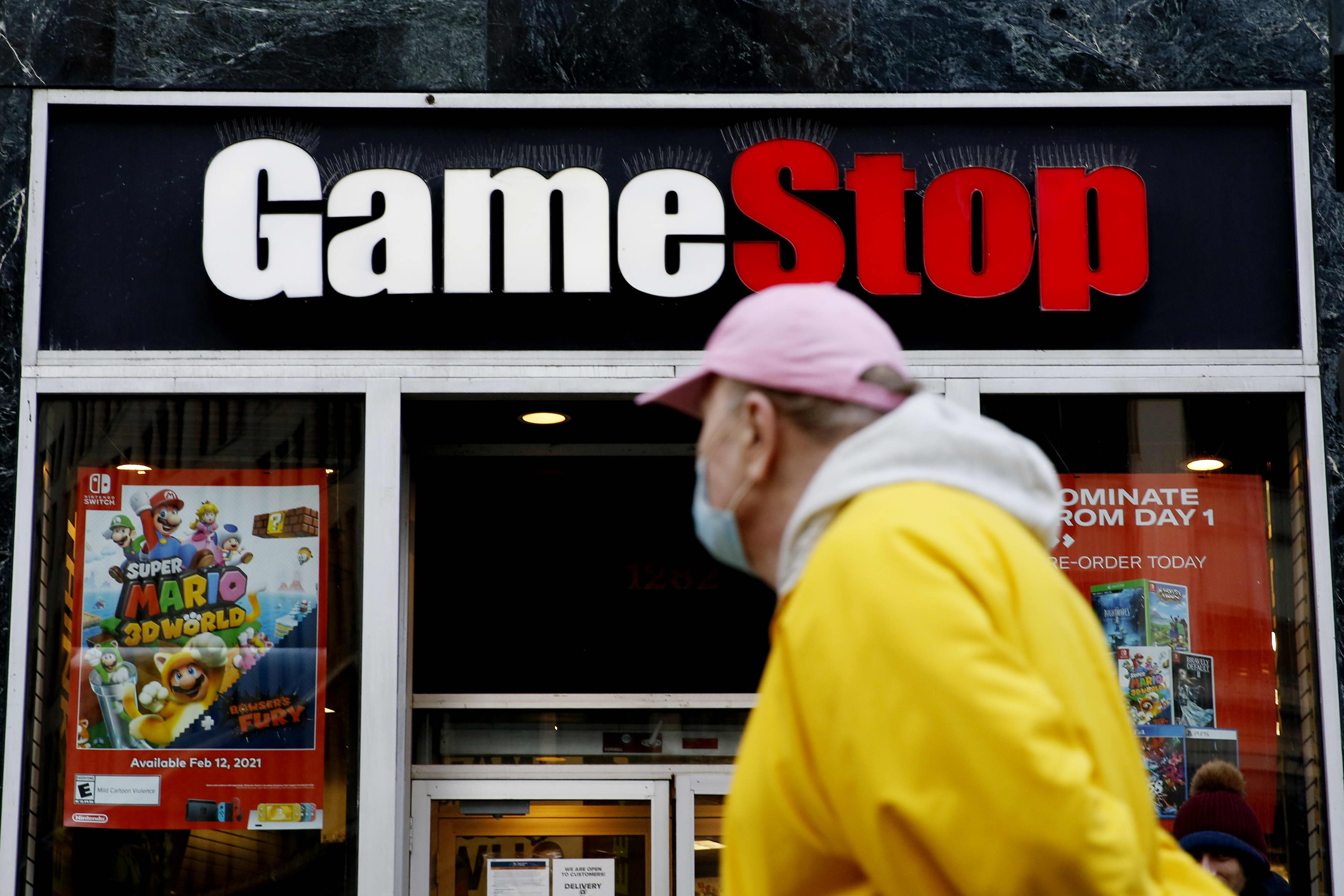






.jpg&h=630&w=1200&q=100&v=6e07dc5773&c=1)



.jpg&h=630&w=1200&q=100&v=6e07dc5773&c=1)








